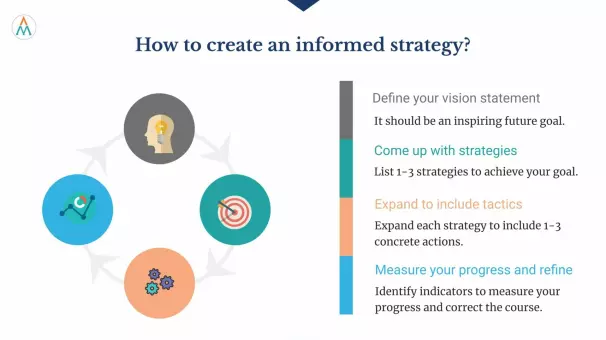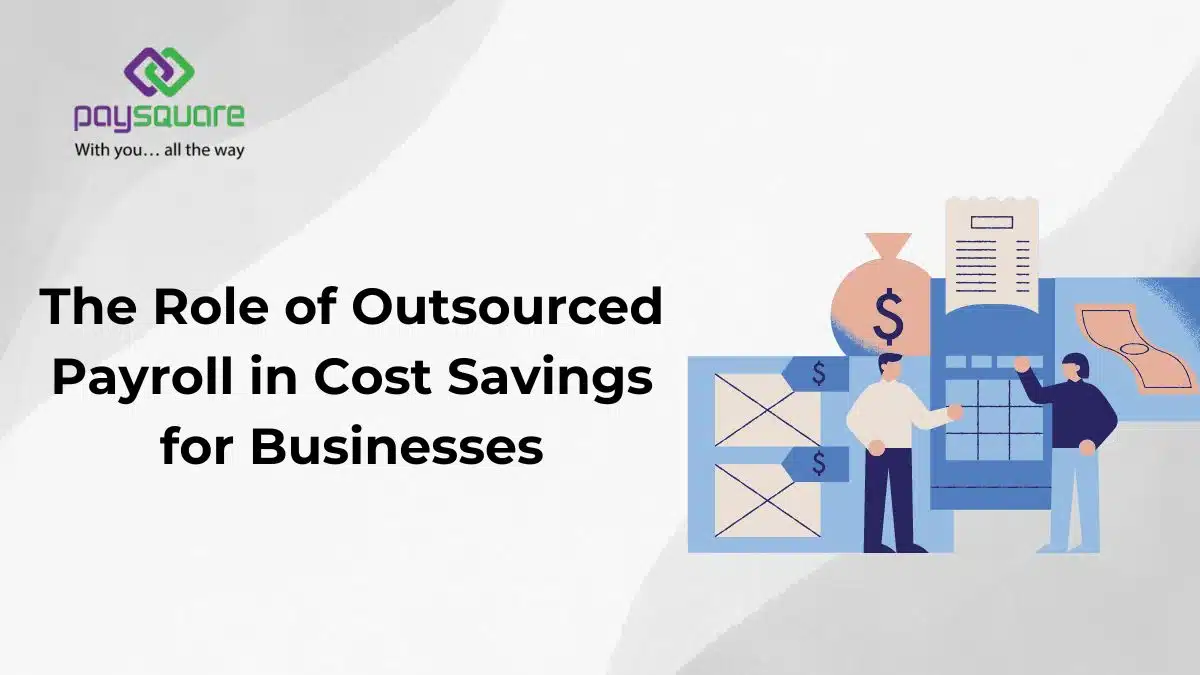Reporting Earnings from PayPal, Venmo, and Cash App Transactions: A Reminder from the IRS
In our increasingly digitized world, financial transactions conducted through digital platforms have become the norm. As more Americans engage in the sharing economy and participate in the gig economy, the Internal Revenue Service (IRS) has issued a timely reminder to taxpayers who earn more than $600 through popular payment services like PayPal, Venmo, and Cash App. This article aims to provide clarity on the importance of reporting these earnings accurately to the IRS and ensure compliance with tax obligations.
The Rise of Digital Payment Platforms
In recent years, the emergence of digital payment platforms has revolutionized the way we handle financial transactions. PayPal, Venmo, and Cash App are just a few examples of platforms that enable individuals to send and receive money electronically with ease and convenience. Whether it’s splitting a bill, paying for goods or services, or receiving income from freelance work, these platforms have undoubtedly simplified our financial lives.
Tax Obligations for Digital Payments
While the digital economy has introduced new opportunities for earning income, it has also given rise to potential complications when it comes to tax reporting. It is essential for taxpayers to understand their obligations and responsibilities regarding earnings made through PayPal, Venmo, and Cash App transactions.
According to IRS regulations, anyone who earns $600 or more in a calendar year through these payment platforms is obligated to report these earnings as taxable income. This requirement applies to all types of transactions, including but not limited to sales, services rendered, payments received for freelance work, or any other form of income earned.
Why Reporting is Important
Reporting your earnings accurately to the IRS is crucial for several reasons. Firstly, it ensures compliance with federal tax laws and regulations. The IRS relies on accurate income reporting to fund vital public services, such as infrastructure, education, and healthcare. By reporting your earnings, you contribute your fair share to the betterment of society and help maintain the country’s economic stability.
Additionally, failure to report taxable income from digital transactions can have serious consequences. It may result in penalties, fines, or even legal repercussions. The IRS has sophisticated systems in place to identify discrepancies, and non-compliance can lead to audits or further investigations. By accurately reporting your earnings, you reduce the risk of potential penalties or unfavorable consequences in the future.
Reporting Process
Thankfully, reporting your income from PayPal, Venmo, or Cash App transactions is relatively straightforward. These platforms provide users with documentation, such as Form 1099-K, which summarizes their earnings for the year. It is important to review these forms and report the total amount accurately on your tax return.
Additionally, it’s essential to keep detailed records of your transactions throughout the year. Maintain a record of receipts, invoices, or any other supporting documentation related to your earnings. These documents will assist you in accurately reporting your income and provide evidence in the event of an inquiry or audit.
If you’re uncertain about your reporting obligations, it’s always advisable to consult with a tax professional or utilize reputable tax software that can guide you through the process. These resources can help ensure accurate reporting while maximizing eligible deductions and minimizing potential errors.
Conclusion
As digital payment platforms continue to flourish, it is crucial to remain mindful of our tax obligations. If you earn more than $600 in a calendar year through PayPal, Venmo, or Cash App transactions, remember to report these earnings to the IRS. By doing so, you not only fulfill your responsibilities as a taxpayer but also contribute to the collective well-being of society by helping fund essential public services.
Stay informed about the latest IRS guidelines and consult reputable sources or professionals when needed to navigate the reporting process smoothly. Accurately reporting your earnings not only serves your individual interests but also supports the continuation of a fair and transparent tax system for everyone.
Disclaimer: The information provided here is for general informational purposes only and should not be considered as professional tax advice. Please consult a tax professional for personalized guidance based on your specific circumstances.






